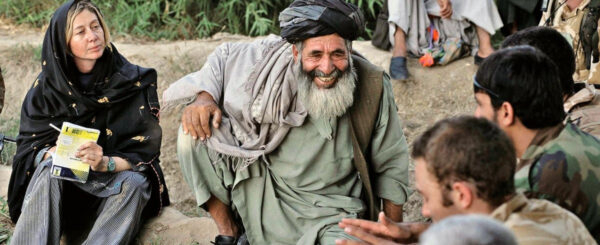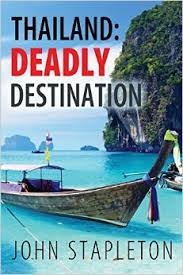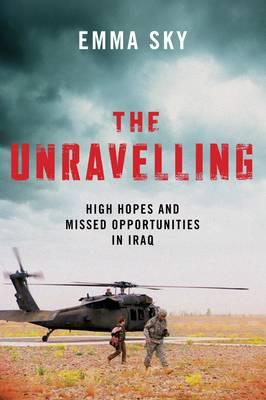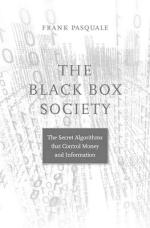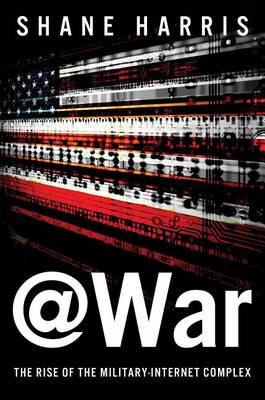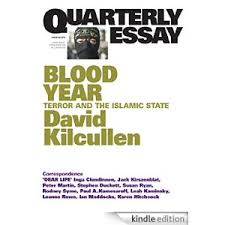Tag caliphate
From one of the world’s most admired war correspondents, Christina Lamb, comes a searing indictment of the West’s involvement in wars against fundamentalist Islam, Farewell Kabul: From Afghanistan to a More Dangerous World. The pointless loss of American, British and Australian lives, has achieved nothing; despite the efforts to eliminate the Taliban from the country, their presence has continued to grow. Insurgent attacks have also increased, and the region still struggles against poverty, an unstable infrastructure and a huge number of land mines. Initially billed as the West’s success story by both Bush and Blair, Afghanistan remains a lawless, violent land. The promises made to its people in 2001 have not been fulfilled. Foreign correspondent for one of the world’s leading newspapers, The Sunday Times, educated at Oxford, a Fellow at Harvard University, a member of the National Geographic Society, former British Foreign Correspondent of the year and a multi award winner, Lamb has been reporting on the region of “pomegranates and war” since the age of 21, when she crossed the Hindu Kush into Afghanistan with mujaheddin fighting the Russians and fell unequivocally in love with this fierce country, a relationship which has dominated her adult life. Lamb has fought with the mujahadeen dressed as an Afghan boy, experienced a near-fatal ambush and head-on encounter with Taliban forces and successfully established links with American, British, Afghan government, Taliban and tribal fighters. Her unparalleled access to troops and civilians on the ground, as well as to top military officials has ensured that Farewell Kabul is the definitive book on the region, exposing the realities of Afghanistan unlike anyone before, compelling, moving and impossible to put down.
Visitors to Thailand are not warned by travel agents, airlines or their own governments that their passports are highly prized in Thailand, and stand a very good chance of being stolen. Depending on the nationality, a passport can fetch thousands of dollars on the black market, several months pay for many Thais. There are gangs stealing passports to order. European, American, Australian and Canadian passports are particularly prized. Foreign embassies, fearful the documents are ending up in the hands of Islamist militants and international criminal networks, have made repeated representations to the Thai government without affect. INTERPOL Chief, Secretary General Ronald Noble describes passport fraud as the “biggest threat facing the world”. But for decades the Thai authorities have done little to stop their country’s blatant trade in stolen, doctored and forged documents. By inaction and complicity, Thailand has become an epicentre for the trade, a key link in international terrorist networks and a danger to the travelling public worldwide. Forged passports from Thailand are regarded as the highest quality of any in the world. Clients from the Middle East are one of the major buyers of fake passports in Thailand. In The Age of Terror, the failure of the Thai authorities to abolish the trade has set alarm bells ringing around the world. Here in its entirety is Chapter Two, called Passports, from the recent book Thailand: Deadly Destination.
The Unravelling: High Hopes and Missed Opportunities is a rivetting firsthand account of a young British civilian woman, Emma Sky, who volunteered to go to Iraq immediately after the invasion in 2003, and within weeks found herself in the role of Governor of Kirkuk – the most dangerous place on Earth. As a Brit, a woman and a liberal, Emma Sky’s presence and position in Iraq following the invasion in 2003 is the stuff of fiction. Shortly after the coalition troops went in, Sky, an Arabist, volunteered to go to assist the Coalition Provisional Authority in the occupation. Alone, she made her way to Baghdad, was told they had enough people, so travelled north, to Kirkuk. Within days she became the most senior civilian there, Kirkuk’s lady governor.
Algorithms can learn. Algorithms can acquire bias. In The Black Box Society: How Secret Algorithms Control Money and Information, eminent Law Professor Frank Pasquale exposes the invasive technology running our lives. In The Age of Terror these systems can be used to extend the control of dark agencies into every corner of our lives. Every day, corporations are connecting the dots about our personal behavior-silently scrutinizing clues left behind by our work habits and Internet use. The data compiled and portraits created are incredibly detailed and invasive. But who connects the dots about what firms are doing with this information? The Black Box Society argues that we all need to be able to do so-and to set limits on how big data affects our lives.
He who controls cyber space controls the world. The Author of @War: The Rise of the Military-Internet Complex, Shane Harris, is an American journalist and author at Foreign Policy magazine. He specializes in coverage of America’s intelligence agencies, notably writing the book The Watchers: The Rise of America’s Surveillance State. In the prologue to his new book he writes: “The leaders of the intelligence agencies, top military officers, and the president himself say that the consequences of another major terrorist attack on American soil pale in comparison with the havoc and panic a determined and malicious group of hackers could cause. Instead of stealing information from a computer, they could destroy the computer itself, crashing communications networks or disabling systems that run air traffic control networks. They could hijack the Internetconnected devices that regulate the flow of electrical power and plunge cities into darkness. Or they could attack information itself, erasing or corrupting the data in financial accounts and igniting a national panic.”
Last year was a “blood year” in the Middle East – massacres and beheadings, fallen cities, collapsed and collapsing states, the unravelling of a decade of Western strategy. We saw the rise of ISIS, the splintering of government in Iraq, and foreign fighters – many from Europe, Australia and Africa – flowing into Syria at a rate ten times that during the height of the Iraq War. What went wrong?
